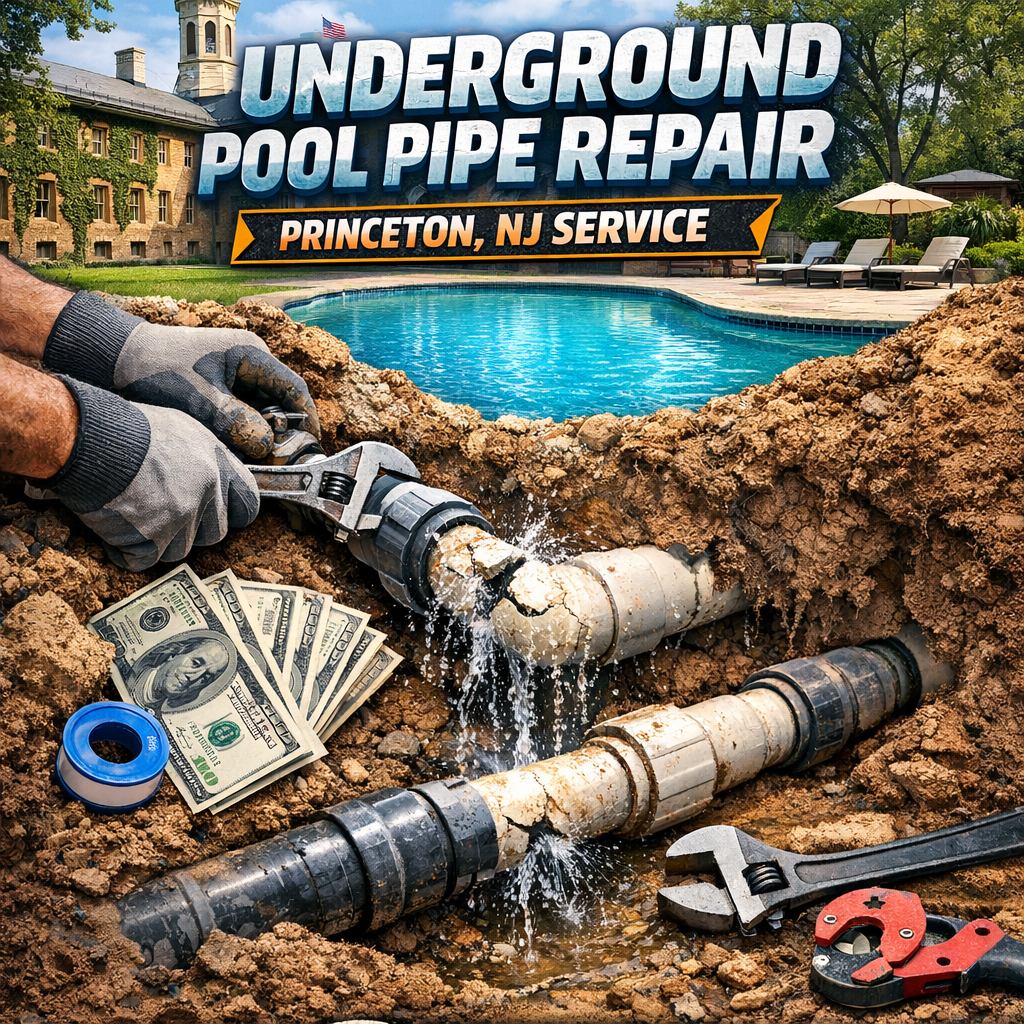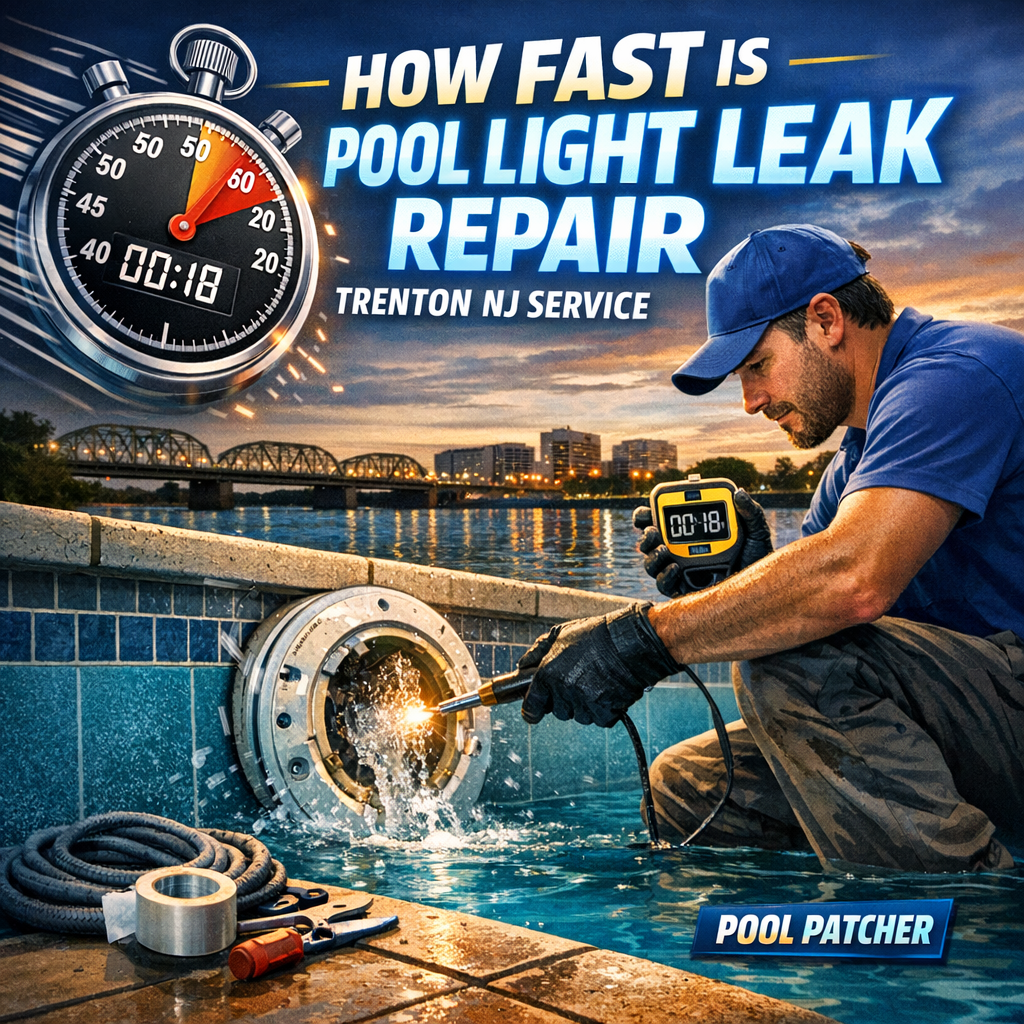Union Beach pools, like many saltwater pools, are popular for their low chemical maintenance and natural feel. However, residents and pool owners often notice a perplexing issue: their pools tend to lose water over time. A significant factor contributing to this phenomenon is salt exposure. Understanding how salt interacts with pool materials, identifying common causes of water loss, and implementing preventive measures can help pool owners maintain their pools more effectively. This article explores these aspects to shed light on why Union Beach pools frequently experience water loss due to salt exposure.
Understanding Salt’s Impact on Pool Materials in Union Beach
Salt exposure in pools primarily occurs through the process of electrolysis, which can lead to the deterioration of various pool components. When saltwater interacts with metal fixtures, liners, and other materials, it can accelerate corrosion, weakening their structural integrity. Pool liners made of vinyl or other plastics may become brittle or develop small tears over time due to prolonged salt contact, leading to leaks. Additionally, salt can cause scaling and buildup on pool surfaces and equipment, which may result in microfractures or compromised seals. In Union Beach, where the salt levels are maintained for water sanitation, this ongoing chemical interaction gradually damages pool materials, making them more susceptible to water loss.
Common Causes of Water Loss in Union Beach Salt Pools
Several factors contribute to water loss in Union Beach salt pools beyond evaporation. One primary cause is salt-induced corrosion, which can create tiny leaks in the pool’s structure or equipment, allowing water to escape unnoticed. Cracks or gaps in the pool liner or around fittings often develop due to salt-related material degradation, leading to continuous water seepage. Additionally, improper maintenance, such as neglecting to monitor salt levels or failing to repair small damages promptly, exacerbates water loss. Environmental factors, including wind and temperature fluctuations common in Union Beach, can also increase evaporation rates, compounding the problem when combined with salt-related leaks. Together, these causes create a complex scenario where water loss is often gradual and challenging to detect without careful inspection.
Preventive Measures to Reduce Salt-Induced Water Loss in Pools
To mitigate water loss caused by salt exposure, pool owners in Union Beach should adopt several proactive strategies. Regular maintenance is essential, including routine inspections for signs of corrosion, cracks, or leaks in the pool’s structure and equipment. Using corrosion-resistant materials, such as stainless steel or plastic fittings, can significantly reduce the impact of salt on pool components. Maintaining proper salt levels—neither too high nor too low—helps minimize unnecessary chemical stress on materials. Additionally, applying protective coatings or sealants to vulnerable areas can prevent salt penetration and corrosion. Ensuring proper filtration, aeration, and evaporation management, such as covering the pool when not in use, also helps retain water. By combining vigilant maintenance with suitable material choices and environmental controls, pool owners can effectively reduce salt-induced water loss and extend the longevity of their pools in Union Beach.
Understanding the relationship between salt exposure and pool materials, recognizing the common causes of water loss, and implementing targeted preventive measures are key steps for pool owners in Union Beach. While saltwater pools offer many benefits, awareness of these challenges ensures that they remain enjoyable and well-maintained over time. With proper care and attention, it is possible to minimize water loss and preserve the integrity of these pools for years to come.






